Serbia and Macedonia want EU "to take action"
Serbia and Macedonia have asked the EU take action on the issue of asylum seekers, given that a million euros earmarked for assistance "is not enough."
Thursday, 27.08.2015.
12:52

Serbia and Macedonia want EU "to take action"
"When I became interior minister in 2008 the number of asylum applications was 77, and during this year we have had 94,000. Although a majority of migrants entering Serbia from Bulgaria, Macedonia, and before that of Greece, express their intention to seek asylum, there is a clear intention that our country is only a transit country," Dacic explained, stating that building fences cannot be an adequate response to the challenges of migrations."You have been saying for years that asylum seekers come from Serbia and Macedonia to the EU - we can now say that migrants are coming to us from the EU. We are asking you: when do you intend to establish clear controls and how will you prevent them from coming. You will not prevent it with a million euros that you intend to give," Dacic underlined.
He then said that the EU, which wants Serbia and the countries in the region to create an action plan regarding migrants, "should first make its own action plans."
"Since you don't have them (action plans) in Europe, we are set to carry the biggest burden, and that we are aware of," he stressed.
As for a conference on the problem of asylum seekers that the EU has scheduled for October, Dacic said it will be held "late":
"It's easy to create problems in other parts of the world, while we should pay the price. We are certainly not to blame for the problems in the countries of origin (of migrants), while 2,000 cross our border every day," said Dacic.
He at the same time pointed out that Serbia still has 44,000 refugees "from past wars" and 220,000 internally displaced persons from Kosovo and Metohija, "which should not be neglected."
He stressed that only 1.9 percent of IDPs have returned to their homes in Kosovo, and that "Serbia is faced with migratory and refugee crises - it would not be fair to deal only with the current one."
Macedonian Foreign Minister Nikola Popovski stressed that his country is faced with a special problem of receiving migrants coming "from an EU country."
He said that until recently about 4,000 migrants entered Macedonia each day, while estimates show this number will be around 3,000 a day in the coming period.
In this regard, Poposki "stressed the need for financial assistance to the region," but also remarked that "the announced million won't be enough."
"For as long as there is no European response to this question, none of us is under any illusion that the problem will be solved. It is encouraging that the European Commission is aware of the problem," he stressed.
Austrian Foreign Minister Sebastian Kurz underlined it was necessary to draw the attention of the EU "to the Western Balkan route" - and that this requires "a European approach to solving the problem of asylum seekers."
Kurz pointed out that it is "possible to find a solution to the challenge facing the continent only through a common European solution."
He said that Austria has defined five points ranging from measures in the countries of origin, including fighting Islamic State, establishing of safety zones, as well as better distribution of refugees in Europe and more efficient fight against smugglers.
"If we do not find quickly a European answer then countries will try to solve the crisis with their own initiatives. It will not be successful and threatens the European idea of open borders," warned Kurz.
EU Commissioner Johannes Hahn also spoke to say the current crisis regarding asylum seekers can be overcome "if everyone thinks and acts in a European manner."
"All 28 EU members must cooperate and those not affected must not hide. In a few weeks other regions of Europe could be affected," he said.
Hahn "called for solidarity of all the member states" adding he hoped the crisis will be overcome, and that conditions will be created to help the transit countries.
In this regard, he said that the EU has put EUR 1.5 million at the disposal of Serbia and Macedonia as support in dealing with the problem of asylum seekers.
"The main task will be to protect external borders, but we also must deal with the causes. In the neighborhood of Europe we already have 20 million refugees," he stressed.
German Foreign Minister Frank-Walter Steinmeier pointed out that the problem of asylum seekers was "very much visible":
"On my way to this gathering from the airport I saw groups of people on the highway moving on foot toward Vienna. It shows how urgently this problem needs to be solved, and what a great challenge we are facing."
All EU member states, he said, must do their homework. The German official also asked for "European solidarity and fair distribution of refugees," adding it was "necessary to cooperate also with all transit countries."











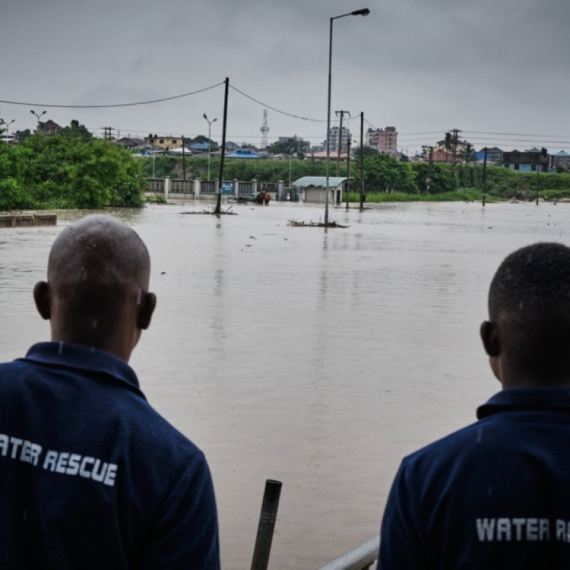

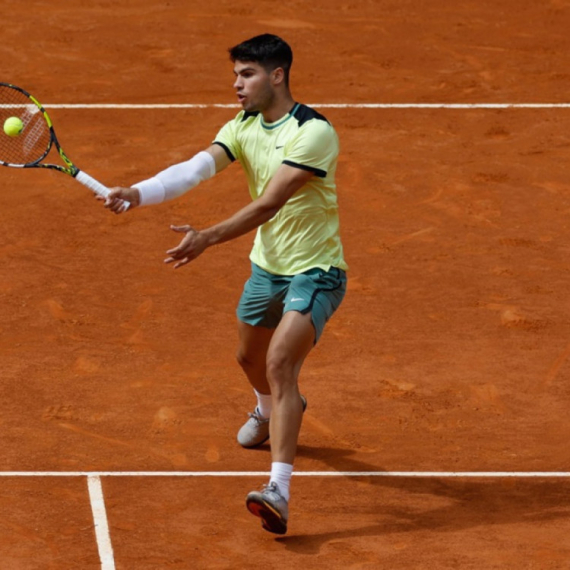
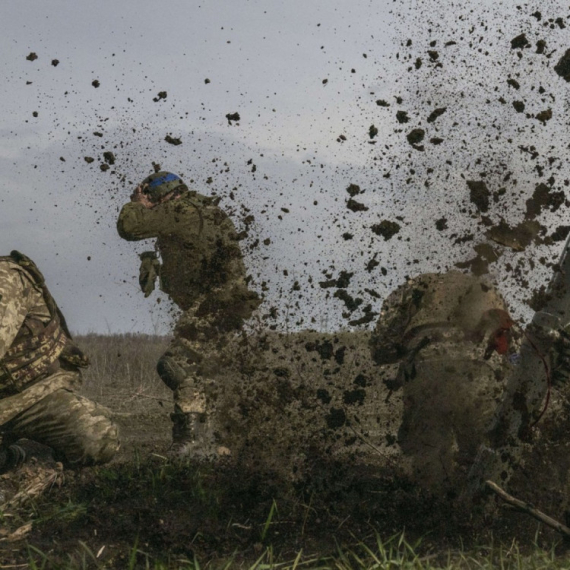

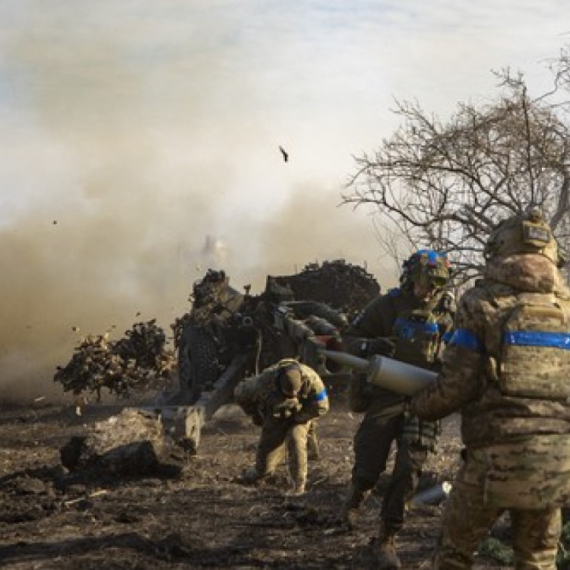
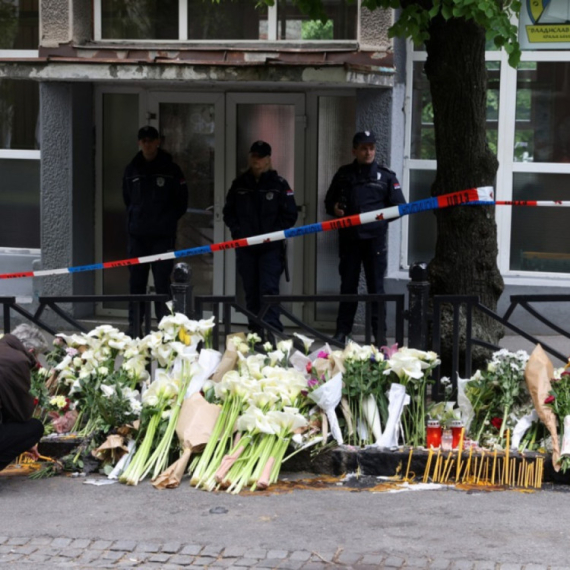

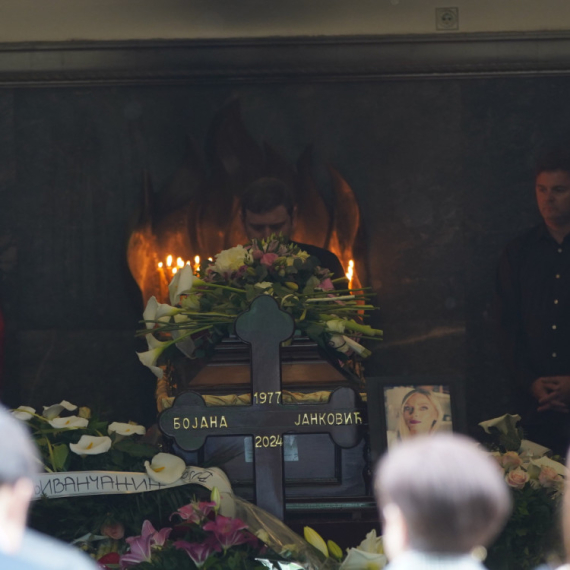
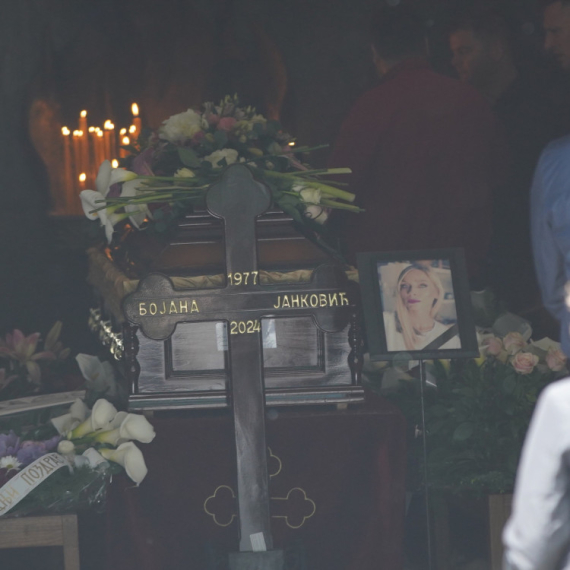






























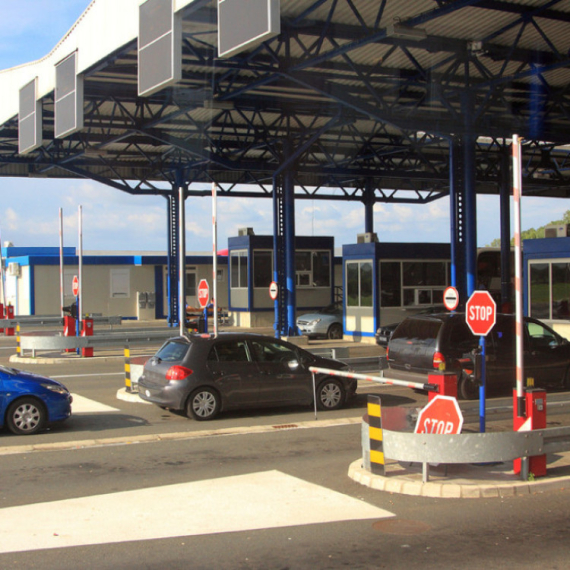






Komentari 5
Pogledaj komentare